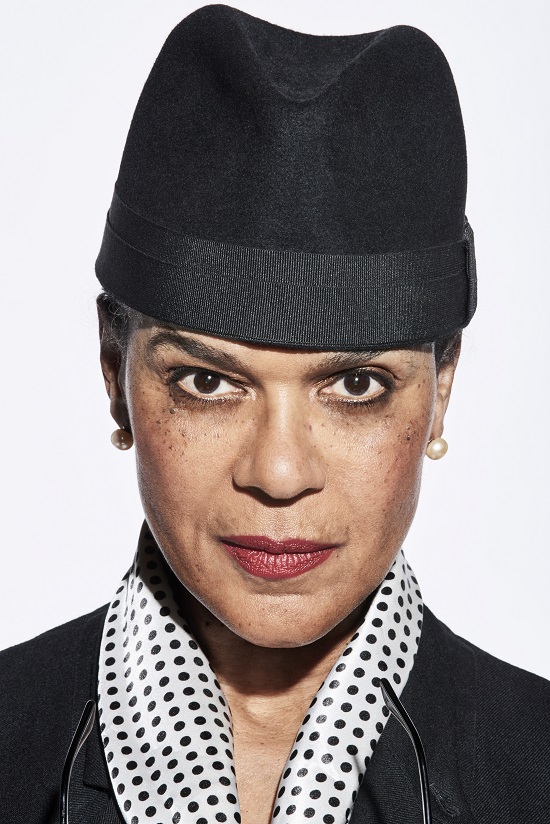“I was looking to music to find something that meant something to me as a mixed race kid living in a completely white world with white brothers listening to Bill Haley and The Inkspots,” says Pauline Black who grew up as Pauline Vickers in the white working class town of 60s Romford.
“The Supremes provided that first something,” she says. “I saw them performing ‘Baby Love’ on Ready Steady Go’s Motown special in 1965. Then I heard Aretha Franklin singing ‘Respect’ on Radio Caroline in ’67, and then I saw Marsha Hunt in the musical Hair in ’68 and they all made me feel like I wasn’t isolated, that there was a life out there for me. And then there was Stevie Wonder. He really woke me up, because he showed me that you could be that good and keep moving forward and developing your own style. He gave me a path, because there is a sense that you can’t be what you can’t see. You need to know there are opportunities open to you.”
Pauline Vickers fully grasped those opportunities in 1979, when she became Pauline Black, the front woman of Coventry two tone group The Selecter. Dressed in what became her signature black jacket, rude boy check shirt, black tie and grey fedora, she led the seven piece to success with a string of singles – 1979’s ‘On My Radio’, 1980’s ‘Three Minute Hero’ and ‘Missing Words’ – and two albums 1980’s Too Much Pressure which hit the Top 5 and 1981’s Celebrate The Bullet.
When the group split the following year, she recorded a single ‘Pirates Of The Airwaves’ with Lynval Golding and Neville Staples’ post Fun Boy 3 band, Sunday Best. She then helmed a one-woman show Let Them Call It Jazz, played Billie Holiday on stage in the play All Or Nothing At All, which she won a Time Out Award for Best Actress in 1991, then reformed a reconfigured Selecter later that same year. She reunited another line-up in 2010, published her autobiography Black By Design in 2011 and last month issued The Selecter’s 13th album Daylight.
To begin reading Pauline Black’s Baker’s Dozen, click the image of her below.


